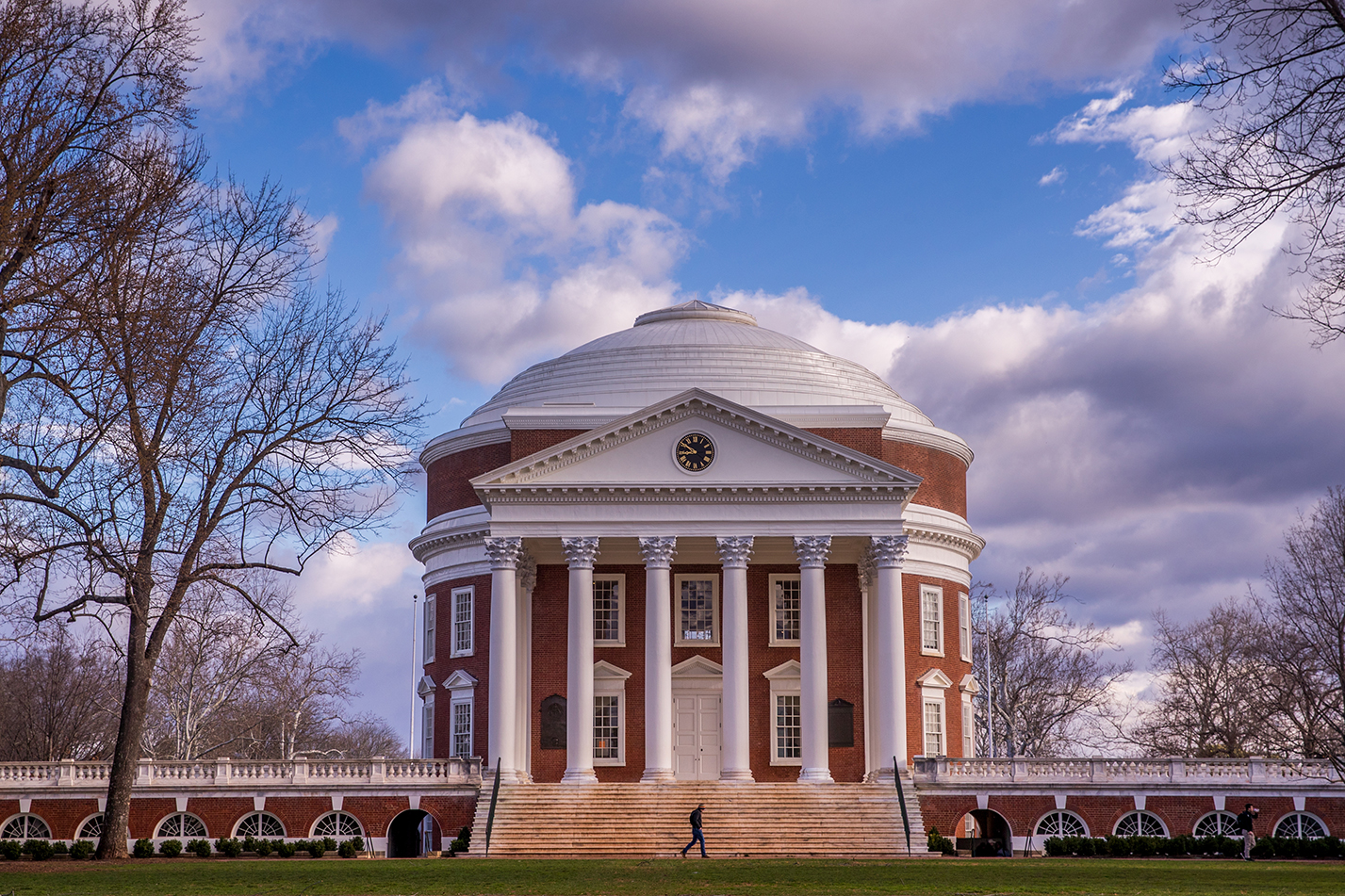
Instructor:
Why do we say that “real men don’t cry” or that “real women have curves”? Who gets to cook pho and tacos, and who gets to eat them? What does it mean to be called, or even to call yourself, black or white or Asian or Latinx or Native American? Does shopping at Wal-Mart make you working class, or wearing Prada make you upper class? Can one change one’s racial, gender, or class identity, or are such identities given by birth? And can sexuality, religion, or disability be identities, since many people may change their sexual orientation, religious affiliation, or disability status over time? Who gets to police these identities? And what is at stake in these battles—what do we win (or lose) in deciding who is “real” and who is “fake”? This course will explore these questions by investigating various controversies involving authenticity and identity politics. We will draw our examples from law, politics, music, food, cinema, sports, literature, and other realms of U.S. culture and society from the 19th to the 21st centuries.
